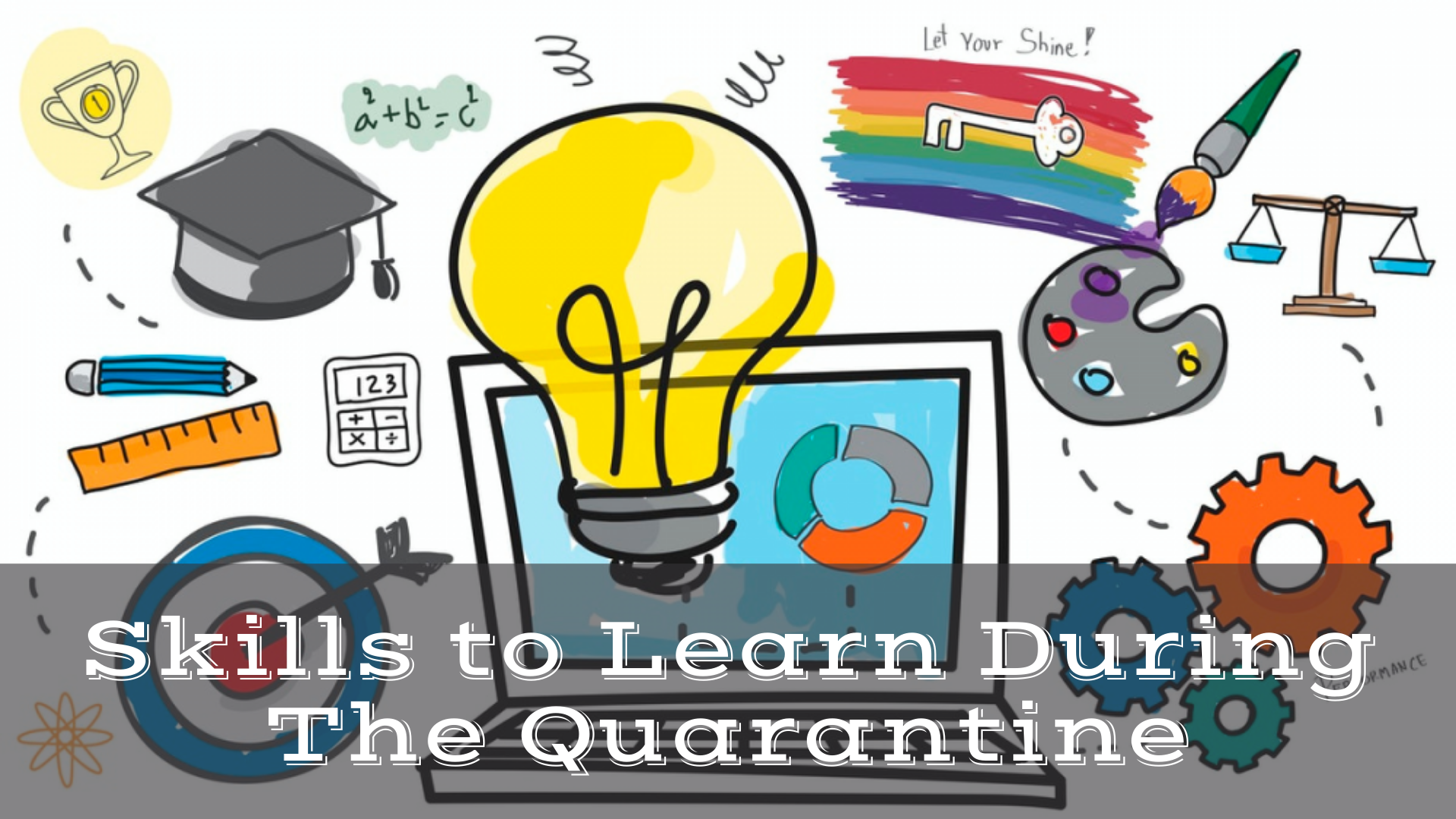Equality In Education
"Education is the most powerful weapon which you can use to change the world." — Nelson Mandela
The issue of global education is often spoken about, but not always well understood. Many other countries do not have adequate resources for their educational systems, nor do they have the resources to provide for the well-being of their children.
In today's day and age, almost every country has recognized the importance of providing good quality education for all children as a means of improving their economic status and also improving relationships between different regions of their country and also with other nations in general. But despite this widespread agreement that educational equality is important, there are still many children who do not have access to high-quality educational facilities.
The lack of proper facilities could be due to the lack of funding available for schools in India or it could be due to poor materials being used to construct facilities or even a lack of qualified teachers available.
Whatever the cause, there are too many children around the world who are being denied an opportunity to receive a good quality education.
The Problem
There are children all around the world who do not have access to proper education. These children are from a variety of backgrounds and locations, but they all have one thing in common: they want to learn.
However, due to a variety of factors (lack of funding, poor infrastructure, political instability), these schools simply do not exist. It is difficult to imagine what it would be like if we were denied an education for almost our entire lives. The thought is unacceptable. The problem is exacerbated by the fact that many parents are unable to send their children to school because they must work instead. For a child to go on to higher levels of education, he or she must receive an elementary education first. Children who miss out on this crucial learning period will find it difficult, if not impossible, to obtain a good job or even read and write fluently later in life.
The Solution
The first step to improving educational opportunities for everyone is to stop the cycle of poverty. In countries like Malawi, where 85 percent of the population relies on subsistence farming, people cannot afford to educate their children without outside help. And in many third-world countries, the government is so strapped for funds that it cannot adequately support education as it should be. Trying to change this situation from within the country is difficult and time-consuming, but there are plenty of organizations working on solutions.
One example of this type of organization is The Barefoot College in India. The goal of Barefoot College is to train women from developing nations in solar engineering and allow them to provide educational services for their communities. Their barefoot solar engineers provide not just electricity for lighting, but also refrigeration, water pumps, and more. They have already worked with women from Ghana, Kenya, and Uganda, as well as India and Pakistan.
However, these organizations need our help! Donating money or supplies that these organizations can use will go a long way toward helping people in developing nations get educated and rise out of poverty.




Comments
Post a Comment